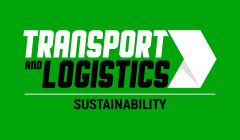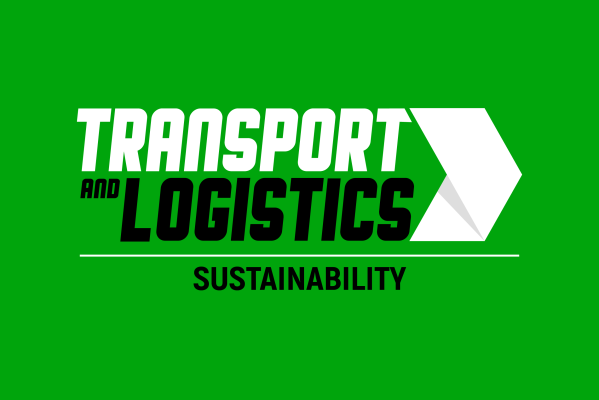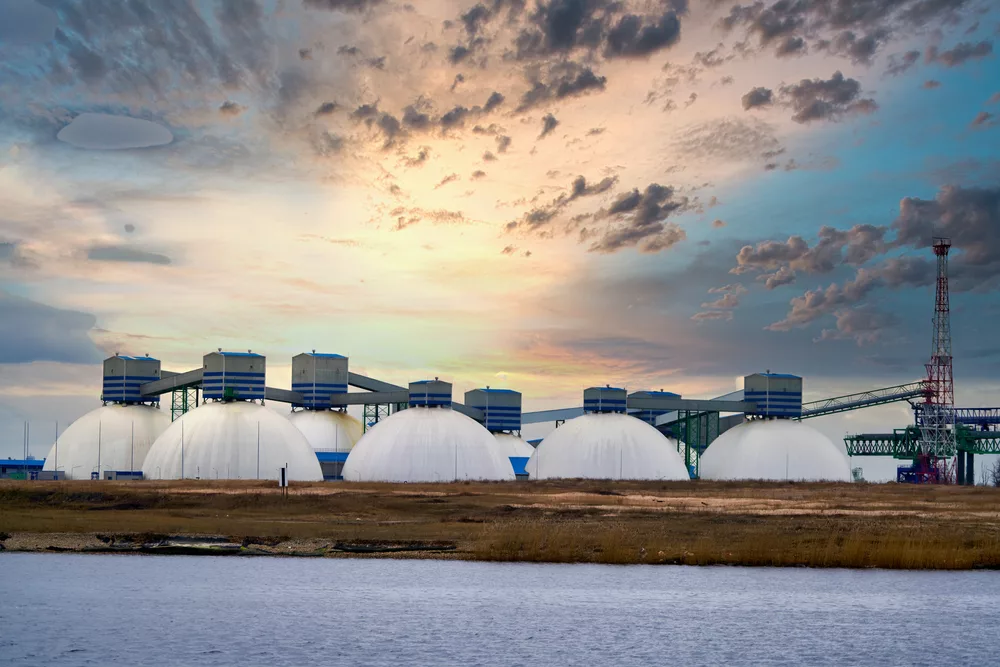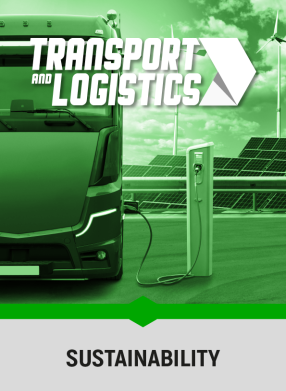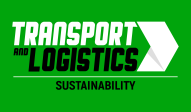Natural gas is found deep below the surface of the Earth. Once extracted, the gas is exported across Europe and the rest of the world, where it’s used as an energy source for everyday tasks such as heating households and cooking. It generates electricity and is therefore in high demand, with skilled NES Global Talent oil and gas contractors assisting with the sourcing and extraction process. But, will Europe’s appetite for natural gas continue to grow?
Europe’s demand set to increase by 5 per cent in 2017
According to Gazprom – the world’s largest exporter of natural gas – European gas consumption rose by 4.8 per cent in 2016 with demand set to potentially increase by 5 per cent throughout 2017. While this is a conservative estimate, Gazprom sees its shipment to Europe being certainly “no less” than in 2016, which was already a record-breaking year for natural gas usage.
The question is, why is natural gas in such high demand?
Natural gas plays a vital role in the economy
While natural gas is a non-renewable fossil fuel, it remains of paramount importance both in the UK and across multiple EU states. It plays a vital role in the economic stability of many countries providing heat and electricity – the absence of which would throw livelihoods and accepted ways of life, within the Western world, into turmoil.
Natural gas also provides the energy source to create a wide array of wider materials including plastic and therefore helps the manufacturing sector to function. Moreover, natural gas works to balance out the increasing levels of intermittent and inflexible low-carbon energy on the system. As a result, the use of natural gas will be around for long time to come.
In fact, according to the European Commission, Europe’s energy supply will rely heavily on natural gas for at least the next two decades. This, of course, also requires an extensive and costly infrastructure which has been met with criticism from green campaigners who argue how the long-term use of natural gases goes against policies to reduce the effects of global warming.
The issue with natural gas in Europe, however, is that supplies have depleted. The North Sea used to be the UK’s domestic source of natural gas but, with resources in short supply it’s estimated that by 2030, at least 70 per cent of the gas needed will be imported to the UK – with European states also relying on foreign sources to meet their gas needs.
Declining domestic European production
Indeed, a decline in domestic European production – which looks set to slump by 27 per cent from 2014-2020 – has resulted in EU states becoming increasingly reliant on foreign supplies. As domestic production falls, other global regions such as Russia are supplying the EU with natural gas alongside the Middle East where Liquefied Natural Gas (LNG) is regularly sourced.
Europe’s appetite for natural gas continues to grow at a rapid rate. As such an important part of the economy, it will surely be around for a long time to come.
Manufacturing & Engineering Magazine | The Home of Manufacturing Industry News
